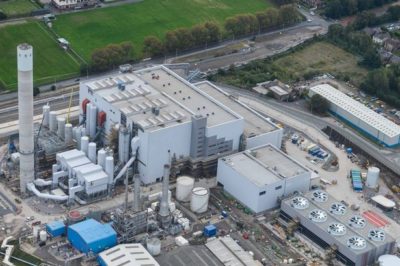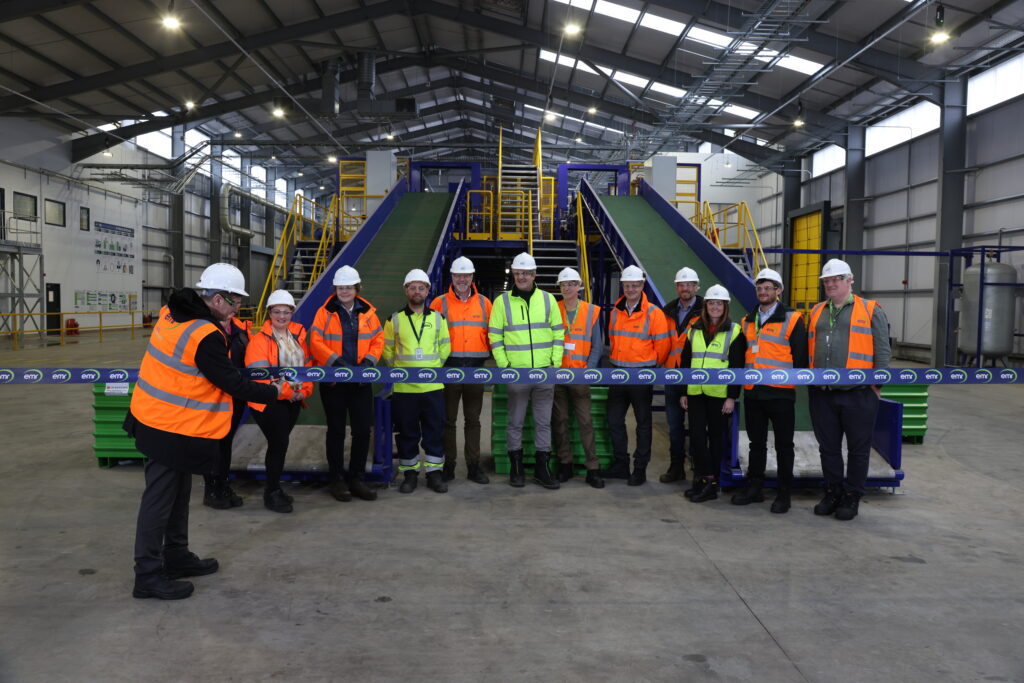HLC hopes to build a Compact Power energy from waste facility in Wrexham, North Wales. HLC is preferred bidder for a contract with Wrexham county borough council for waste disposal. This amounts to 120,000 tonnes of municipal waste per year with 48,000 tonnes being processed by the Compact Power plant while the rest is recycled or composted.
The original planning application included a 25 million incineration facility on the site which received negative reactions from local residents. The new application now begins a consultation period and means the planning enquiry for the previous application has been cancelled.
Richard Hogg, business development manager at Compact Power, said: “The new application is based on the old one, but has replaced our technology for the incinerator. We have put into the application that we'd; like further modelling of emissions. The problem in the past was that modelling has not been done to the public's satisfaction.”
John Acton, chief executive of Compact Power, is confident that the company will gain public support. He said: “We intend to have as full a public consultation in Wrexham as possible and look forward to meeting the various groups and individuals that have expressed concerns over the Wrexham plans. Our record in this regard in Dumfries, Bristol and Cornwall speaks for itself. In all these cases our dialogue with the local communities has been open and constructive.”
Mr Hogg added that the company hopes to have a “clear indication by September” of how long the application process will take.
The new plans for the Wrexham plant will use energy from waste technology which relies on pyrolysis and gasification to create refuse-derived fuel (RDF) that is then burnt by the plant to produce energy. Compact Power claims that because the RDF comes mainly from low-grade paper and card it produces lower emissions of dioxins and furans than incinerators that rely on high levels of dense plastics.
Mr Acton, said: “In the tradition of British innovative engineering we are proud to have come up with an imaginative solution to the problem of producing energy and reducing landfill from the waste remaining after recycling and composting.”
Compact Power, based in Bristol, has already built one plant in Avonmouth, has planning permission to build another in Dumfries, Scotland and is working in towards building one in Cornwall. The company is also working with companies in Spain, France and the US. The Wrexham plant design is based on six modules of the one in Avonmouth.
The plant in Avonmouth plant has been operating for more than three years, and in September 2001 was one of the first facilities to receive its Intergrated Pollution Prevention and Control (IPPC) permit. The Environment Agency said of the technology: “The design presented by Compact Power in the PPC application and the resulting low level of emissions, easily met the very demanding conditions of the relevant European directives.”











Subscribe for free